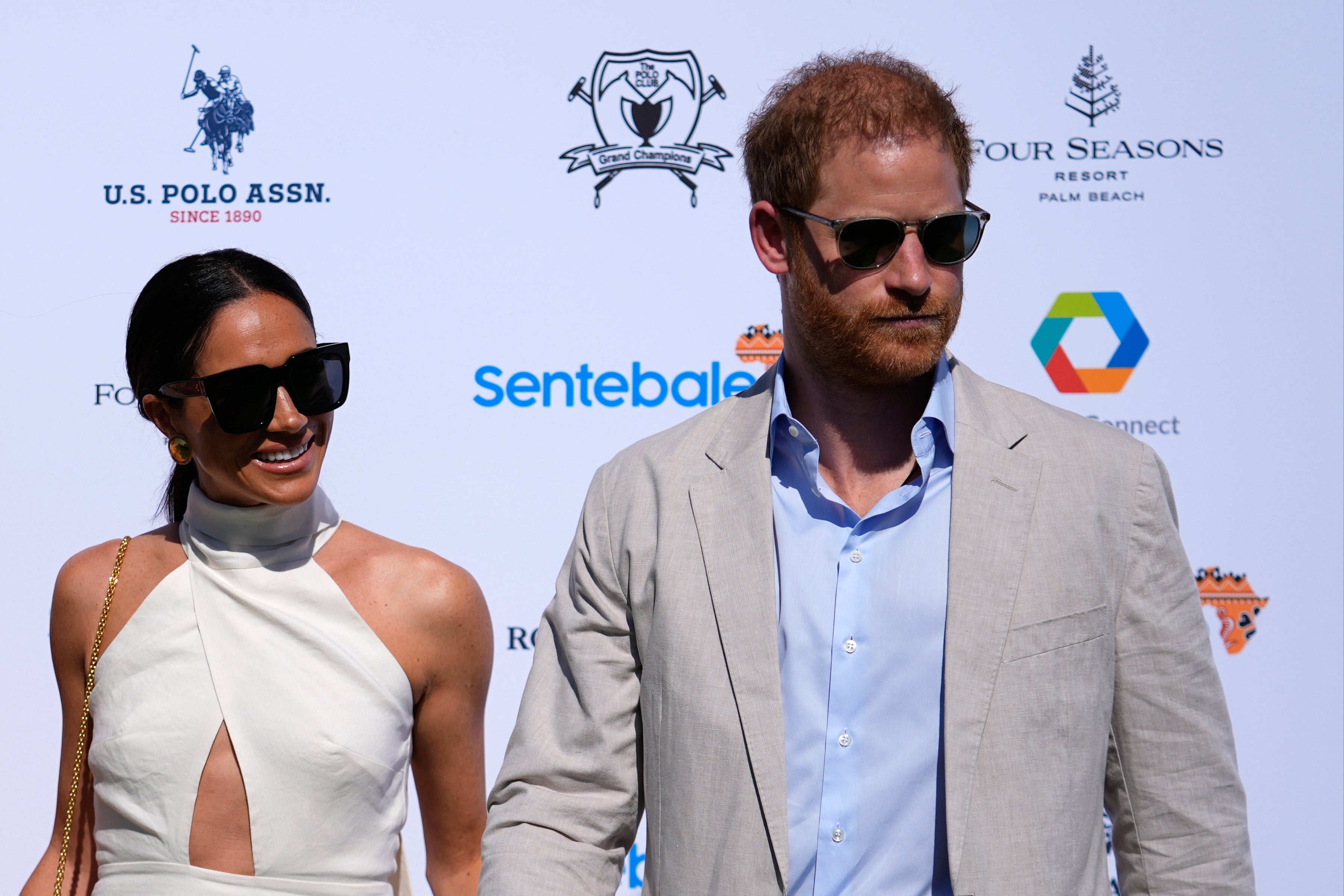Prince Harry in legal setback about security protection in UK
Prince Harry’s fight for police protection in the U.K. has received another setback

Your support helps us to tell the story
From reproductive rights to climate change to Big Tech, The Independent is on the ground when the story is developing. Whether it's investigating the financials of Elon Musk's pro-Trump PAC or producing our latest documentary, 'The A Word', which shines a light on the American women fighting for reproductive rights, we know how important it is to parse out the facts from the messaging.
At such a critical moment in US history, we need reporters on the ground. Your donation allows us to keep sending journalists to speak to both sides of the story.
The Independent is trusted by Americans across the entire political spectrum. And unlike many other quality news outlets, we choose not to lock Americans out of our reporting and analysis with paywalls. We believe quality journalism should be available to everyone, paid for by those who can afford it.
Your support makes all the difference.Prince Harry’s fight for police protection in the U.K. received another setback on Monday, when a judge rejected his request to appeal an earlier ruling upholding a government panel’s decision to limit his access to publicly funded security after giving up his status as a working member of the royal family.
The long-running legal battle began more than four years ago when Harry challenged the panel’s decision, arguing that he and his family still needed an armed security detail because of hostility directed toward him and his wife Meghan, Duchess of Sussex, on social media and relentless hounding by the news media.
But High Court Judge Peter Lane ruled in February that the panel’s decision, which provides for “bespoke” security on an as-needed basis, wasn’t unlawful, irrational or unjustified.
“Insofar as the case-by-case approach may otherwise have caused difficulties, they have not been shown to be such as to overcome the high hurdle so as to render the decision-making irrational,” Lane wrote in his 51-page ruling.
In most cases, U.K. plaintiffs don’t have an automatic right to appeal and they must seek permission from the original court before doing so.
The High Court said Monday it had rejected Harry’s initial bid for permission to appeal. However, he can now seek permission directly from the Court of Appeal.